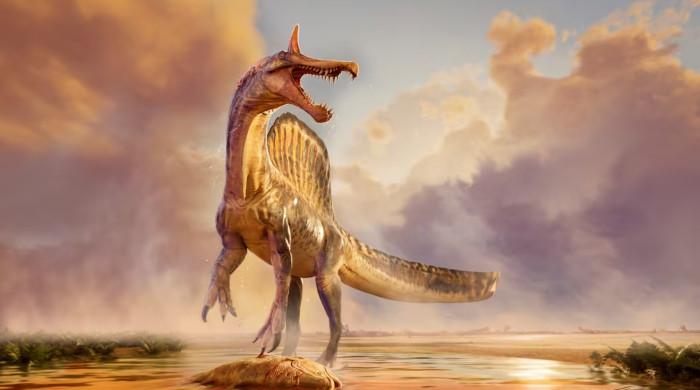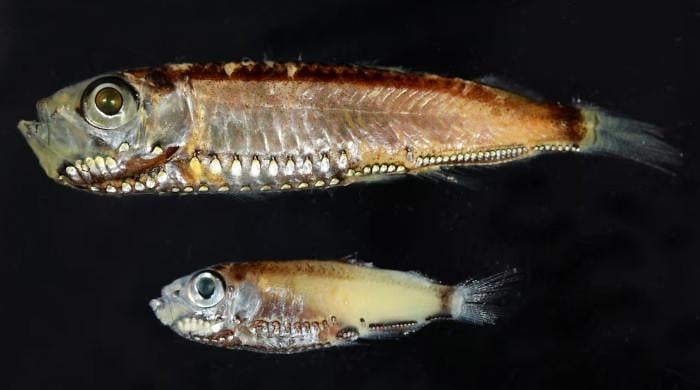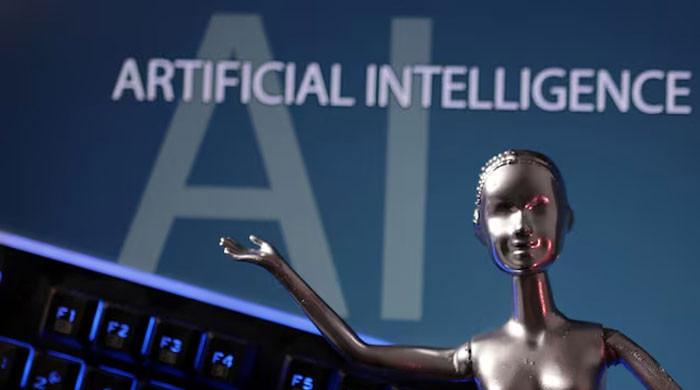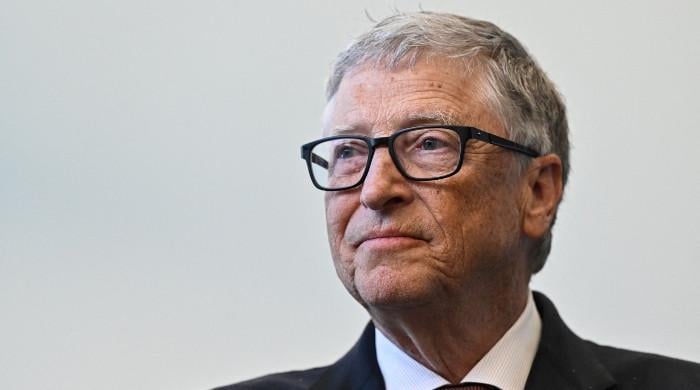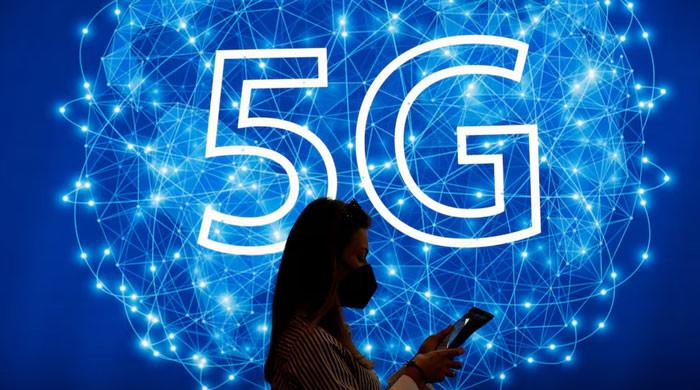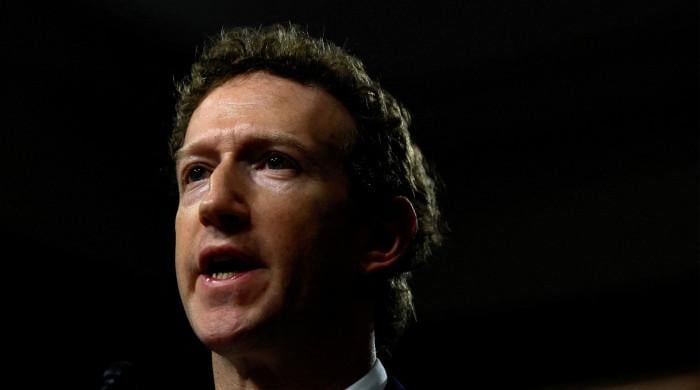OpenAI launches two free downloadable AI models with open access
“Going back to when we started in 2015, OpenAI’s mission is to ensure AGI that benefits all of humanity,” says Sam
August 06, 2025
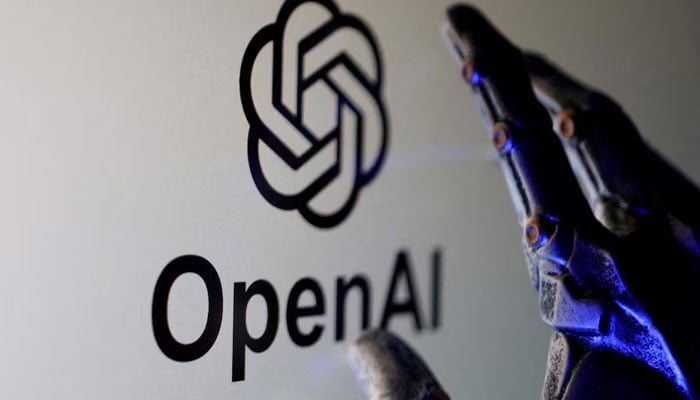
OpenAI has released two new artificial intelligence models that anyone can download, use and modify for free, in a move to challenge similar offerings by US and Chinese rivals.
The move is seen as a big step towards making powerful AI tools more accessible to people everywhere, not just big tech companies.
The release of gpt-oss-120b and gpt-oss-20b “open-weight language models” comes as the ChatGPT-maker faces growing pressure to reveal more about the inner workings of its software, in keeping with its origins as a nonprofit.
“Going back to when we started in 2015, OpenAI’s mission is to ensure AGI (Artificial General Intelligence) that benefits all of humanity,” said OpenAI chief executive Sam Altman.
An open-weight model, in the context of generative AI, is one in which the trained parameters are made public, allowing users to fine-tune it.
Meta promotes its open-source approach to AI, while Chinese AI startup DeepSeek has shaken the industry with its low-cost, high-performance model based on an open-weight approach that enables customisation of the technology.
“This is the first time that we’re releasing an open-weight model in language in a long time, and it’s really incredible,” OpenAI co-founder and president Greg Brockman told journalists during a briefing.
The new, text-only models deliver high performance at a low cost, according to OpenAI, which said they are suitable for AI tasks such as web searching or executing computer code, and are designed to be easily run on local computer systems.
“We are quite hopeful that this release will enable new kinds of research and the creation of new kinds of products,” Altman added.
OpenAI said it is collaborating with partners including French telecommunications giant Orange and cloud-based data platform Snowflake on practical applications of the models.
The open-weight models have been refined to prevent misuse for malicious purposes, according to the company.
Earlier this year, Altman admitted the company had been “on the wrong side of history” in terms of openness about its technology.
He later announced that OpenAI would continue to operate as a nonprofit, scrapping a controversial proposal to convert into a for-profit entity.
That structural shift had sparked tension, with major investors demanding better returns.
The plan drew strong criticism from AI safety advocates and co-founder Elon Musk, who left the company in 2018 and later sued, claiming the shift violated its founding principles.
Under the revised framework, OpenAI’s profit-generating arm will continue to operate, but remain under the oversight of the nonprofit board.




